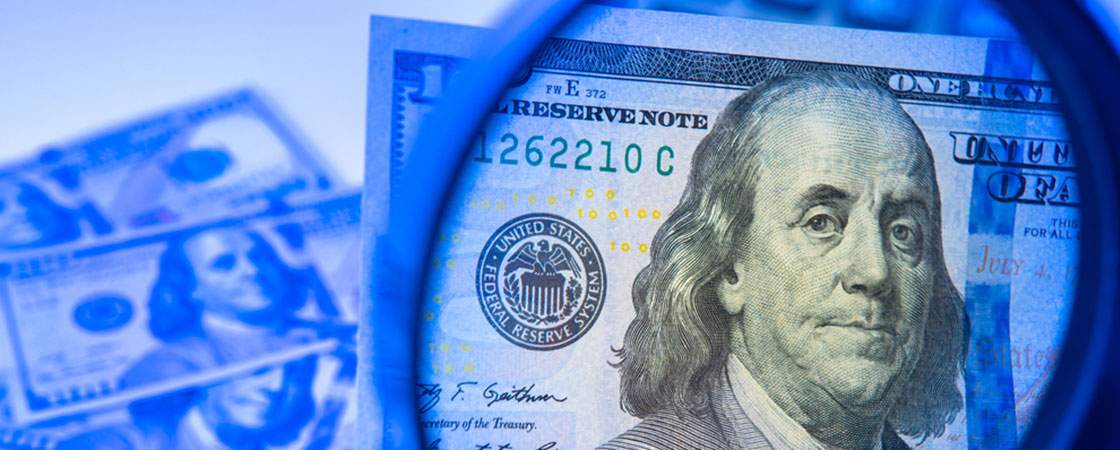In simple terms, counterfeiting is the production of phony goods, or replicas of real products. If you are accused, you will need a seasoned counterfeiting attorney to help with your case.

Counterfeiting is a serious crime that can ultimately end in lengthy jail sentences, astronomical fines, and a permanent criminal record. It is also high stakes because of the complex nature of counterfeiting laws- they can come from the federal level, state level, or some combination thereof. The application of these laws will also depend on the types of currency, document, or items that were counterfeited.
In simple terms, counterfeiting is the production of phony goods, or replicas of real products. This often refers to fake money, checks, passports, vital records, or merchandise like designer shoes and handbags. Any documents, records, or currency that have been counterfeited are prosecuted under counterfeit and forgery laws, while products are usually under fraud and trademark laws.
All forms of counterfeiting are federal offenses with varying levels of severity.
Certain items are protected under U.S. law, including:
Because these are protected at the federal level, exchanges that occur over state lines and become interstate commerce can be prosecuted easily.
Under federal law, pursuant to 18 U.S.C. 471, anyone found guilty of counterfeiting is subject to significant fines and up to 20 years in prison. In order to be found guilty, the counterfeited item must be substantially similar to the legitimate and lawful version.
In the state of Georgia, there are four levels of forgery that include counterfeiting, all of which require a basis of “intent to defraud.”
Federal law has multiple provisions that allow for fines up to $250,000 for a money counterfeiting conviction, as well as a prison sentence of up to 20 years for counterfeiting U.S. obligations and securities. Counterfeiting of foreign obligations and securities within the United States have the same penalties, and possession of plates, stones, or other items used in the production of counterfeit foreign obligations carry a maximum of 25 years in prison. If the crimes result in a financial gain or loss to someone besides the defendant, they can be fined up to double the $250,000 maximum as well as the amount gained or lost.
If a defendant has put parts of multiple notes together to create a fraudulent note, they face up to ten years in prison, while someone guilty of counterfeiting gold or silver or coins above 5 cents faces up to 15 years.
Where both state and federal convictions occur, sentences may be combined or stacked, resulting in longer sentences in order to meet both jurisdiction’s penalties.
If you find yourself accused of counterfeiting or forgery, you may be intimidated by the harsh penalties and federal nature of the crimes. However, you are always afforded reasonable doubt and the government must prove that you are guilty. An experienced counterfeiting defense attorney will be able to evaluate the evidence and create a case to prove your innocence. While the details will vary based on your situation, some common defense strategies are employed.
Your attorney will also examine whether all the proper protocol was followed during your arrest, including being read your Miranda rights, being granted access to an attorney, and use of any valid warrants needed for searches.
If you are involved in a court case involving counterfeiting or forgery, retaining a skilled defense attorney will be the most important thing you do to maintain your freedom and avoid harsh penalties. Be sure to always disclose all truthful information to your attorney so they can make the best case possible for you during trial.